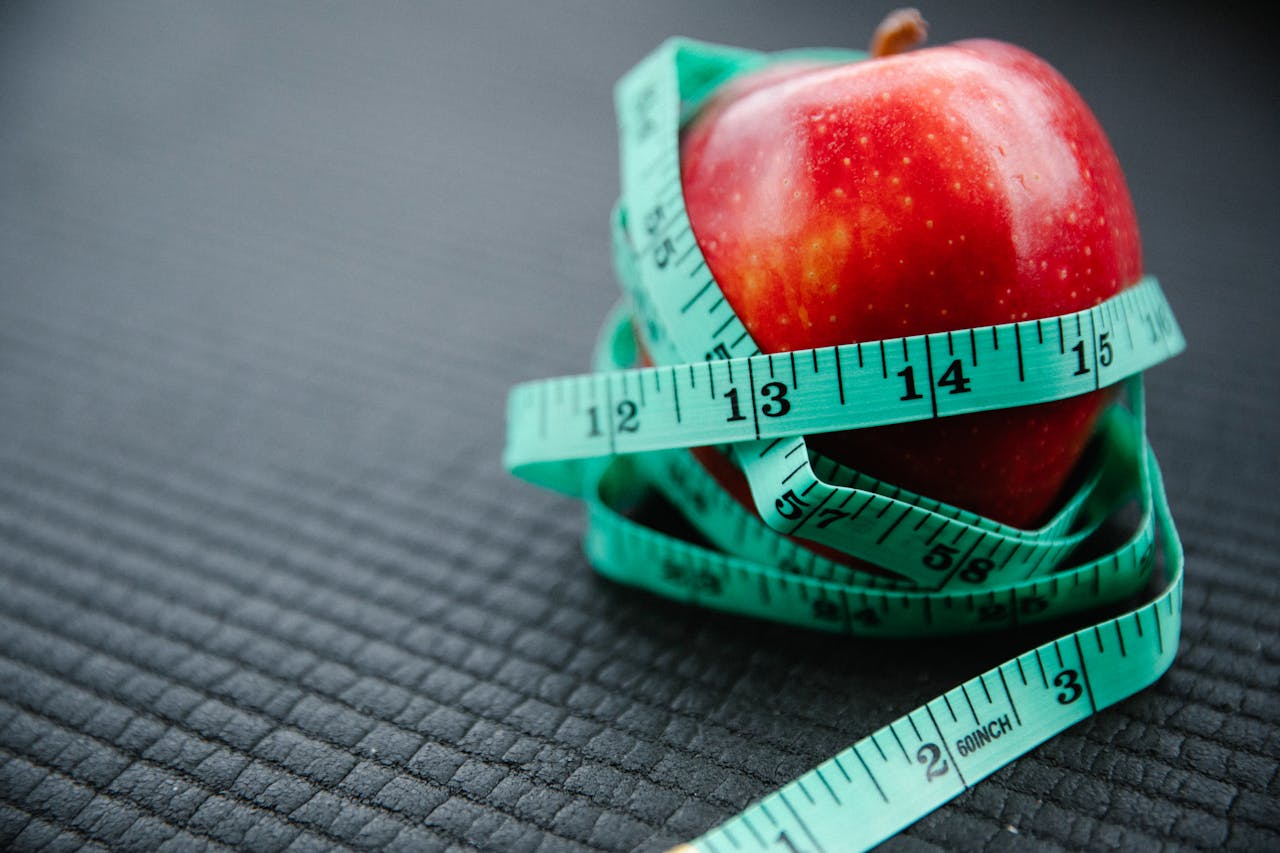In the quest for effective weight loss methods, fasting has gained popularity as a potential strategy. Among the various fasting approaches, a three-day water fast is often discussed for its purported benefits, including rapid weight loss. But how much weight can you actually lose during a 3 day water fast? In this article, we’ll explore the mechanics of a water fast, the factors that influence weight loss, and what you should anticipate if you decide to embark on this journey.

Understanding Water Fasting
A water fast involves abstaining from all food and caloric beverages, consuming only water for a predetermined period—three days in this case. Advocates of water fasting claim it offers various health benefits, including detoxification, improved metabolic function, and enhanced mental clarity. However, the most immediate question on many people’s minds is: How much weight will I lose?
Initial Weight Loss: What to Expect
During a three-day water fast, the initial weight loss you experience will likely be significant. Most of this weight loss occurs in the first 48 hours and can be attributed to several factors:
1. Glycogen Depletion
Your body stores carbohydrates in the form of glycogen in the liver and muscles. Each gram of glycogen is bound to approximately three grams of water. When you fast, your body begins to use up its glycogen reserves for energy. This depletion leads to a considerable loss of water weight, which can be misleading as it does not necessarily reflect fat loss. On average, you might lose anywhere from 2 to 5 pounds in the initial stages due to glycogen depletion and water loss.
2. Caloric Deficit
A water fast creates a significant caloric deficit. If you normally consume a diet of around 2,000 to 2,500 calories a day, abstaining from food for three days means a deficit of 6,000 to 7,500 calories. While the body will begin to adapt and utilize fat stores for energy, the majority of initial weight loss is not fat but rather water and glycogen.
3. Altered Metabolic Processes
Once glycogen stores are depleted, typically within 24 to 48 hours, your body switches to burning fat for energy, a process called ketosis. This metabolic shift may lead to further weight loss, albeit at a slower rate than the initial phase. By the end of three days, you could potentially lose an additional 1 to 2 pounds of fat, translating to a total weight loss of 3 to 7 pounds during the fasting period.
Factors Influencing Weight Loss During a Water Fast
While the figures above offer some general insights, individual results may vary greatly. Several factors can influence how much weight you may lose during a three-day water fast.
1. Body Composition
Individuals with a higher percentage of body fat may burn fat more readily than those with lower body fat. Conversely, leaner individuals may see less weight loss overall.
2. Initial Weight
Heavier individuals may initially lose more weight during a fast than those who are already at or near their ideal body weight. This is due to a higher baseline caloric expenditure and glycogen stores.
3. Water Retention
Factors such as diet prior to fasting, hormonal fluctuations, and sodium intake can impact water retention. If a person tends to retain water, the initial weight loss may appear more significant than it actually is.
4. Physical Activity Level
Engaging in physical activity during your water fast can lead to additional caloric burn, contributing to weight loss. However, it’s essential to listen to your body and not overexert yourself, as energy levels may drop without food.
5. Duration of Fast
A three-day fast is relatively short compared to longer fasts. Extended fasts can lead to more significant fat loss over time, while three days might cap weight loss primarily at water and glycogen loss.
Health Considerations
Before you decide to undertake a three-day water fast, it’s important to consider the health implications. Fasting may not be suitable for everyone. Here are several factors to keep in mind:
1. Medical Conditions
Individuals with certain medical conditions, such as diabetes, eating disorders, or heart issues, should avoid fasting unless supervised by a healthcare professional. Testing glucose levels and monitoring vital signs become crucial.
2. Effects on Metabolism
Short-term fasting can boost metabolism due to the release of norepinephrine. However, prolonged fasting can lead to metabolic slowdown and muscle loss if not managed properly.
3. Nutritional Deficiencies
A three-day water fast does not provide essential vitamins and minerals. Prolonged fasting could lead to deficiencies, affecting overall health and energy levels.
4. Refeeding Syndrome
After fasting, the body may struggle to properly process nutrients, leading to potential complications if regular eating resumes too quickly. It’s vital to break the fast gradually with gentle, nutrient-dense foods.
5. Hydration
While fasting, staying hydrated is paramount. Aim for at least 2 to 3 liters of water daily to flush out toxins and maintain optimal bodily functions.
Psychological Aspects
The psychological impact of fasting should also be considered. For some, fasting can lead to an unhealthy relationship with food or reinforce binge-eating patterns. It’s crucial to approach fasting with a mindful attitude and to be aware of your mental health throughout the process.
Conclusion
So, how much weight will you lose on a three-day water fast? On average, individuals can expect to see a weight loss ranging from 3 to 7 pounds, primarily from the loss of water and glycogen stores. However, individual factors such as body composition, initial weight, and metabolic rate can influence these results.
While a three-day water fast may lead to rapid weight loss, it’s essential to weigh the potential benefits against the risks involved. Always consult with a healthcare provider before initiating any fasting regimen, particularly if you have underlying health concerns. Lastly, remember that sustainable weight loss typically results from long-term lifestyle changes rather than short-term fasting. Approaching weight loss holistically—through a balanced diet and regular exercise—may provide more lasting results than a temporary fast ever could.


